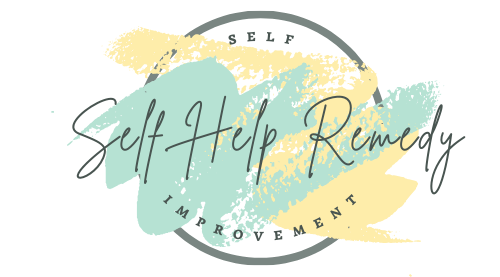Signs You Lack Empathy
Ever found yourself struggling to understand why someone is upset? It is not just about missing the obvious signs; sometimes, it runs deeper. Identifying if you are having trouble recognizing emotions is a crucial first step. Often, it feels like the emotional wavelength others are on is entirely foreign.
There are moments when a friend shares their day and you cannot seem to muster much interest. It is not apathy; it is genuinely not connecting with their feelings. This disengagement is a sign that empathy might be lacking. Paying attention and actively listening are skills that help bridge this gap.
Understanding someone’s perspective is key to empathy. Picture this: a colleague explains their opinion on a project, yet it feels irrelevant or wrong to you. Instead of considering their point of view, dismissing it outright can highlight a struggle with empathy. Empathy helps in understanding where they are coming from, even if you initially disagree.
Understanding the Behavioral Indicators
Empathy is not just an internal experience; it shows up in our actions and words too. If you find it hard to offer emotional support, like comforting someone who is upset, it might be because you are not connecting with what they are feeling. This often leads to giving advice or solving problems instead of simply being there for the person.
Misunderstandings in social settings serve as another clue. You might notice people reacting oddly to things you say, as if they expected a different response. These reactions can signal a disconnect in understanding social cues. Paying attention to both verbal and non-verbal signals can help you respond more appropriately.
Insensitive comments can also be a red flag. Sometimes, jokes or remarks that seem harmless to you might hurt others. This indicates a lack of awareness about their feelings. Making a conscious effort to consider how your words impact others can improve your empathetic interactions.
Exploring the Impact on Relationships
The ability to empathize plays a crucial role in both personal and professional relationships. When empathy is lacking, maintaining these connections becomes a challenge. You may notice friends or colleagues pulling away and you are often left wondering why. This distance can stem from an inability to connect on an emotional level.
Conflicts and misunderstandings are more frequent in relationships where empathy is missing. Small disagreements easily escalate, because there is a failure to understand the other person’s perspective. Learning to see things from their side can help de-escalate potential conflicts and foster a more harmonious relationship.
In professional settings, a lack of empathy affects collaboration. Team projects become stressful and unproductive when team members feel misunderstood or undervalued. Building empathetic communication skills can create a more inclusive and supportive work environment, encouraging better teamwork and productivity.


